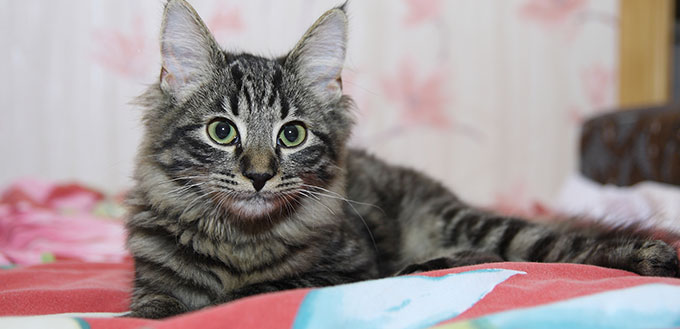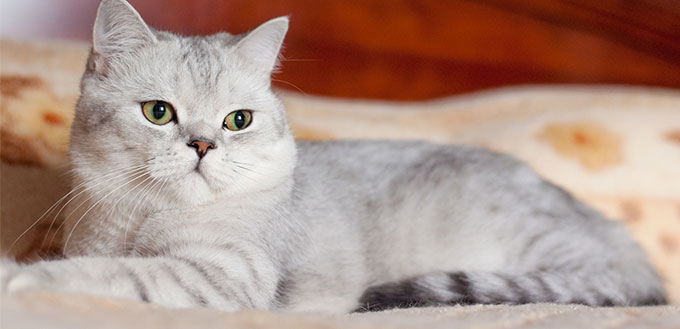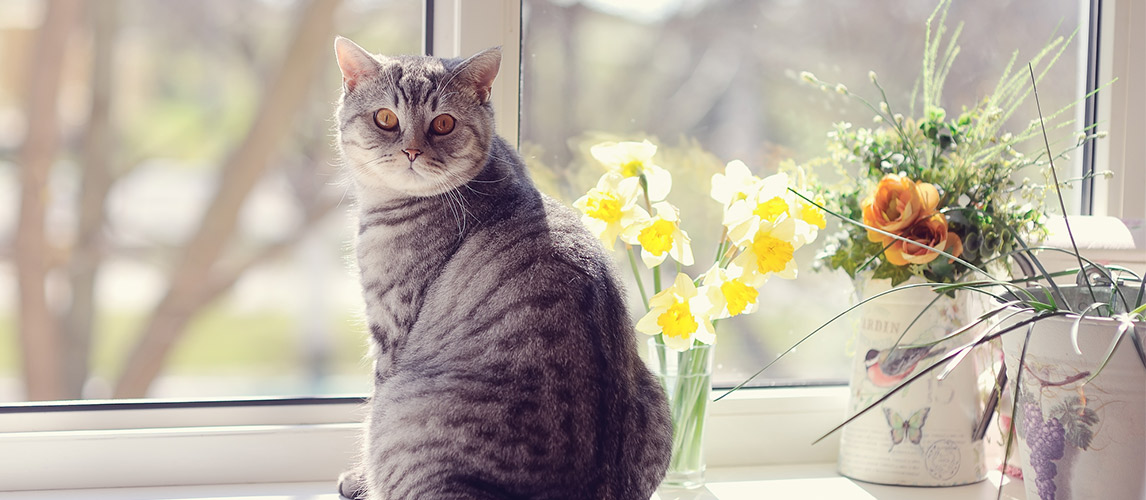We still understand so little about animals and there are many questions about them that scientists would love to find the answers to. How do they view the world? Why do they do what they do? How similar to us are they, and what are they capable of? Anecdotal evidence from pet owners often forms the foundation for our hypotheses about animal behavior, but we need solid scientific evidence to definitively understand what we are seeing. After all, it is easy enough to misunderstand human behavior, let alone cats!
Why is Counting So Useful?
You probably don’t spend much time thinking about how useful counting is, but it is a skill you use every day. How many people do you need to cook dinner for tonight? How many hours did you work this week? How much do you owe your friend for last night’s drinks? This all requires counting and humans do it all the time.
Animals, on the other hand, don’t use money or organize the hours in their day, so why do we consider they may need to be able to count at all? Current theory suggests there are three main reasons that some animals need to count:
- Protection
- Comfort
- Safety
For example, they may need to keep track of their pack or assess potential dangers by counting predators. All animals are different, of course, and may count in very different ways. Primates are known to be talented at counting just as we do, while wildcats, for example, can hear quantities. Research has demonstrated that they use this skill to determine whether it is safe to move forward or if they should flee. It is unknown if cats have a similar ability.
Animals in captivity, like pet cats, do not usually have a need for these skills as they do not experience the same extreme environments. They do not need to make decisions between hunting or fleeing, or joining a pack or going it alone. This does not mean that your pet cat has no need for counting.
The most commonly discussed form of counting that cats may use is counting their kittens. If your cat has ever had kittens, you may have seen that they notice when one of them is missing or lagging behind. How would they do that if they cannot count? One theory is that they use their sense of smell and hearing to know when their litter has been reduced or if one of their kittens is missing.

Studying Cats
Current studies suggest that dogs cannot count, while their ancestors, the wolf, can. Other animals that can count include chickens, fish and frogs, but determining whether cats can count has been a little more challenging for scientists. Animal counting ability is not tied to numbers as ours is, so measuring it can be tricky at the best of times, but with cats, this is even harder.
Scientists have found that cats often simply walk off mid-test or are completely uninterested. Many potential subjects are turned away because of this, and the experiments that have been done, therefore, often have very small samples and can be considered a little inconclusive.
Dogs, on the other hand, are keen to play, train and please humans, and this means they partake in many experiments. This is why we are more confident that they cannot count, even though wolves can. However, scientists do still debate whether this is the case. Some research has shown that dogs cannot count passed ‘one’, but some individual dogs have surpassed this. Frankly, the jury is still out on both cats and dogs.
Nonetheless, a key recent study from Italy demonstrated that cats may have a counting ability that is comparable to fish, who are great counters. The few cats that completed the study were able to distinguish between different amounts of black dots. However, whether they could actually count the number of dots was completely inconclusive.
Some researchers have hypothesized that cats can count up to a small number, perhaps similar to average litter sizes. This would mean your cat can count as high as six or even seven, but this has also yet to be definitively proven. Other researchers argue that if this theory is true, the highest number cats can count to is likely to be much smaller, such as three or four.

So, Can Your Cat Count?
It is still very difficult to definitely say that your cat can count. It is quite likely that your cat has an ability to understand quantities, so can tell when one group is larger, or smaller, than another. But this is not the same skill as counting. This doesn’t mean they can’t count, but it is extremely difficult to tell because cats are particularly difficult to study.
Most of the research about cats and counting is, at least in part, motivated by settling that age old debate – are dogs or cats more intelligent? While we have a fairly good understanding of dog intelligence, there is much hope for the future of research into feline intelligence. Technology is improving every day and fMRI machines and eye-tracking technology could help us answer, once and for all, if cats are as clever as they seem.
Cat Intelligence
Regardless of their counting abilities, you must remember that counting isn’t everything, and the stereotype of a clever, curious cat is well earned. Cats are intelligent creatures that, like dogs, can be trained. There is a lot of evidence of their intelligence, including:
- Understanding body language
Your cat may not understand english, but they can understand your body language. They will pick up what pointing means, for example, so know to follow the direction of your finger to find a cat treat, their meal, or some other goodie. One study gave cats a visible, empty bowl, and a hidden, full bowl. When a researcher pointed at the hidden bowl, the cats could easily find it.
- Object permanence
Hiding an object from your cat is both a fun game and a sign of their intelligence. Many animals will only remember objects that they can see in front of them. Once you hide an object, it effectively does not exist to them. Very young babies also have no object permanence, and that is why they love the game ‘peekaboo’! Cats, on the other hand, will often enjoy looking for a hidden object or wait expectantly for you to take something out of a draw or your hand.






